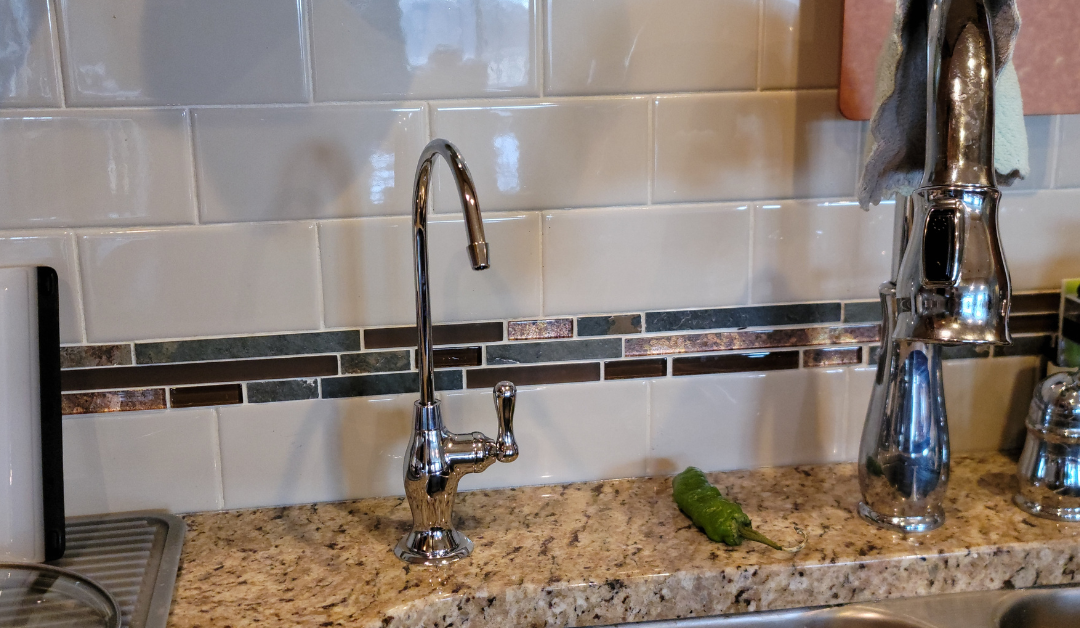Hard water is a common issue that affects millions of households across the globe. Characterized by a high mineral content, mainly calcium and magnesium, hard water can lead to a variety of problems—not only for your skin and hair but also for the longevity of household appliances. Understanding how hard water interacts with appliances and plumbing systems is crucial for homeowners. In this article, we will delve deeply into the impact of hard water on appliances and explore how water softeners can significantly extend their lifespan.
The Science Behind Hard Water
Water becomes “hard” when it filters through deposits of limestone and chalk, which are rich in calcium and magnesium carbonates. These minerals dissolve into the water, thereby increasing its hardness. While not harmful to health, these minerals can cause numerous practical problems in everyday life.
The Impact on Home Appliances
When hard water flows through appliances, it leaves behind mineral deposits, known as limescale. The effects of limescale are manifold:
Restricted Water Flow
In appliances like dishwashers and washing machines, limescale can clog hoses and pipes, restricting water flow and reducing efficiency.
Heating Element Failure
In water heaters and coffee makers, limescale acts as an insulator on heating elements, increasing energy consumption and causing premature failure.
Poor Performance and Maintenance Costs
Appliances have to work harder in hard water conditions, which leads to increased wear and tear, potentially reducing their operational lifespan.
How a Water Softener Works
A water softener is designed to remove the minerals that cause hardness in water through a process called ion exchange. The core of a water softener is a mineral tank filled with resin beads. These beads are charged with sodium ions which have a greater attraction to the minerals in hard water. As hard water passes through the resin, the calcium and magnesium ions are replaced with sodium ions, effectively softening the water.
Regeneration Cycle
Water softeners periodically regenerate to flush out the accumulated minerals from the resin beads. This is done using a brine solution from the brine tank. The high concentration of salt in the brine replaces the magnesium and calcium that were attached to the resin, renewing the softener’s capacity to treat hard water.
The Benefits of Using a Water Softener
Protection for Your Appliances
Softened water doesn’t contain the minerals that build up and cause harm to your home’s appliances. By installing a water softener, you minimize the risk of limescale formation, ensuring your appliances operate efficiently and last longer.
Energy Efficiency and Cost Savings
Appliances run more efficiently on soft water because there’s less mineral buildup requiring heat to transfer through. This saves energy, which in turn saves money on electricity and gas bills. Also, with appliances running at peak condition, repair costs drop and the frequency of replacing pricey equipment diminishes.
Enhanced Appliance Performance
Soft water improves the effectiveness of detergents and soaps. Dishwashers and washing machines not only use less detergent but also leave dishes and clothes cleaner and free from water spots or mineral-induced stiffness.
FAQs About Hard Water and Appliances
Can Hard Water Damage Appliances Irreversibly?
Hard water can cause irreversible damage to appliances over time, primarily due to the accumulation of mineral deposits. Regular maintenance and the use of water softeners can mitigate this risk.
Are There Specific Appliances More Prone to Hard Water Damage?
Appliances that involve water usage, such as washing machines, dishwashers, and water heaters, are more susceptible to hard water damage. Implementing preventive measures is crucial for these devices.
How Often Should I Maintain My Water Softener?
Regular maintenance, including cleaning and replenishing salt levels, should be performed every 2-3 months. Consult your water softener manual for specific guidelines tailored to your model.
Can a Water Softener Improve the Taste of Tap Water?
While a water softener primarily targets mineral content, some users report a subtle improvement in the taste of tap water. However, for enhanced taste, consider additional filtration methods.
Is Professional Installation Necessary for Water Softeners?
While some individuals opt for DIY installation, professional installation is recommended to ensure optimal performance and adherence to local plumbing codes.
Can a Water Softener be Used in Conjunction with Other Water Treatment Systems?
Yes, water softeners can be used alongside other water treatment systems, such as filtration units. However, it’s crucial to maintain each system independently for the best results.
Hard water has undeniably deleterious effects on home appliances. The investment in a water softener can save you from the hidden costs of untreated hard water—extending the life of your appliances, reducing energy bills, and avoiding frequent maintenance hassles. A water softener is not just a purchase; it’s a long-term investment in the health and efficiency of your home. By understanding the science and the significant benefits of soft water, you can make an informed decision that will pay dividends for years to come.
Remember to consult with a water treatment professional who can assess your home’s specific needs and recommend the most suitable type of water softener to ensure that you get the maximum benefit from your investment. With softened water running through your home’s veins, you can expect enhanced appliance performance, longevity, and overall efficiency. For more information, schedule an appointment with our team today!

